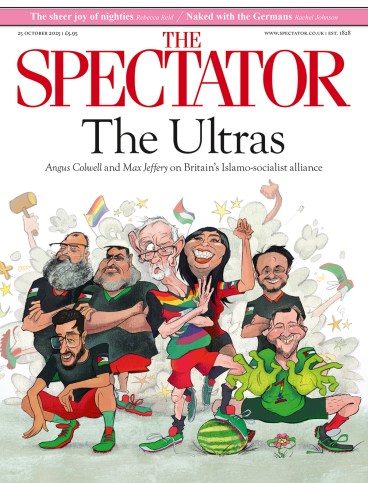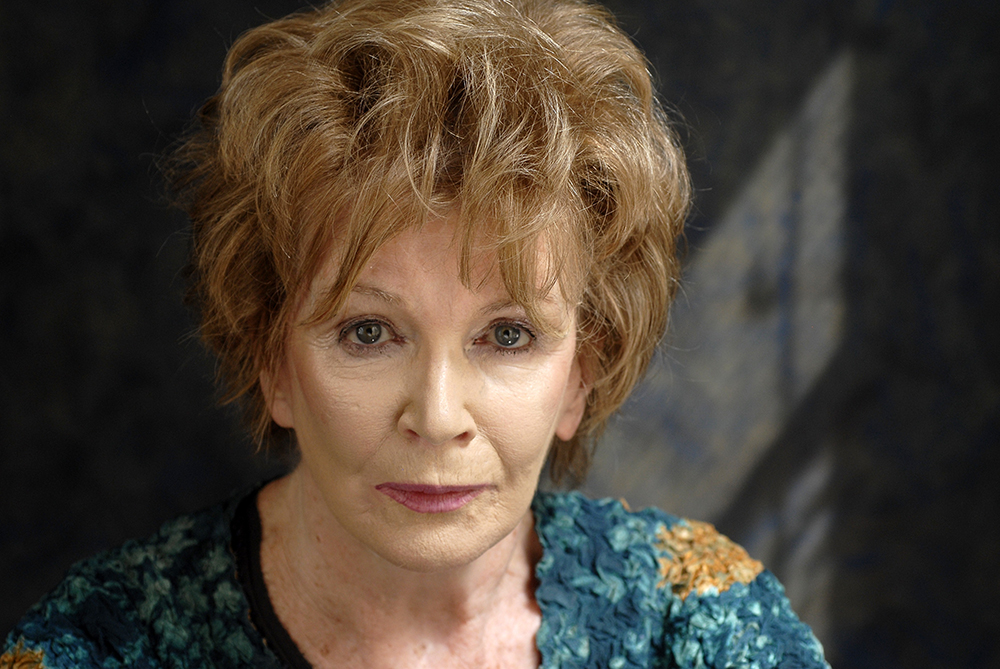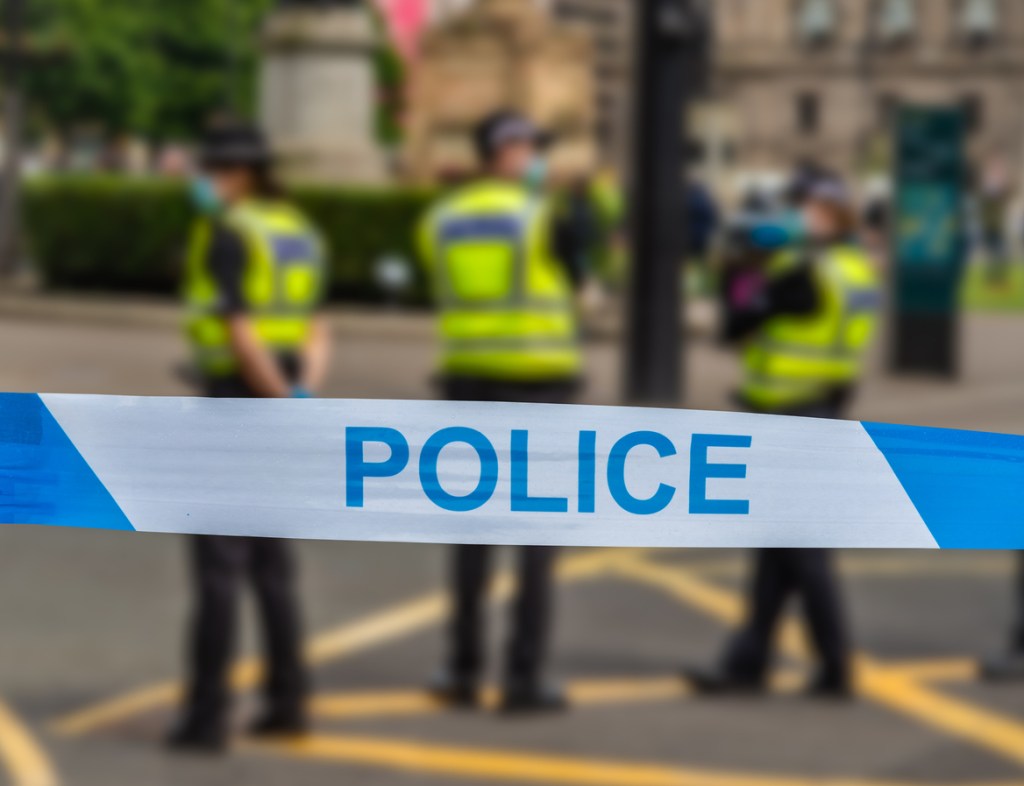
When I interviewed Andrew O’Hagan ten years ago about his Booker longlisted novel The Illuminations, the most striking thing that he said was:
Friendship is more important than almost anything. I always thought it was a sort of deliverance, having a good friend, that they would bring a generosity and an unprejudiced eye to your ambition, your hopes and your thoughts in a way that family can’t always do. I mean what is family but a lovable collection of prejudices, some in your favour and some not?
Although I agreed with him, I was intrigued that someone who was both a parent and a sibling would feel this way.
The importance of friendship is clearly an ongoing preoccupation. His 2020 novel Mayflies – since made into a TV series with Martin Compston – examined male friendship; and last year he wrote a five-part series for Radio 4 entitled On Friendship. He has now expanded that into a collection of eight essays.
A notable thing about this new book is O’Hagan’s increasing candour about his childhood. I can’t be the only reader hoping there might be a memoir in the offing. Although these essays are dedicated to Colm Tóibín and also delve deep into his friendships with Seamus Heaney and Christopher Hitchens, we begin with his childhood friend in 1970s Ayrshire, Mark Macdonald, or ‘Marco Polo Macdonald’, as the author thinks of him:
I lived at Number 12 and Mark was at Number 26, across the square. We were soon flashing our torches at night in a flurry of codes. There was stress in everybody’s houses, but I learned from Mark that friendship was one of the vehicles to independence. He was good for me, funny and imaginative about people’s oddness, and it was only after meeting him that I believed friendship might be a clear riposte to all manner of repressions and Catholic ritual.
O’Hagan also had ‘lassie friends’ and a penchant for older friends that continues to this day.
He clearly had a deep friendship with Edna O’Brien, who by his account was difficult. The last time they saw each other before she died they drank champagne and she told him: ‘I think we can finally say, Andrew, that the great enemy is prosecco.’ Earlier on in their friendship, she had delivered this intriguing apparent non sequitur: ‘I know that you’re a wounded man who handles it very impeccably and very plausibly.’ Who knows quite what she meant. Few people appear less broken than O’Hagan – which might, on second thoughts, be exactly what she meant. But the author does tell a rather chilling anecdote about his father, ‘a lost cause when it came to parenting’, who once drove the family’s beloved Yorkshire terrier Lucky to a field and abandoned him there.
O’Hagan now co-owns a café with his friend Sam Frears, ‘a kind of professionalisation of our shared interest in making things a little bit dafter, one breakfast and one bad joke at a time’. And the breaking of bread seems to be the essence of what constitutes friendship to O’Hagan.
Reviewing this collection, I did have an impish thought that it might garner raves all round because, while it’s well-written, the literary world is also small and – even as a critic – it’s hard not to want to be friends with an author who apparently lives these lines: ‘Generally speaking, nobody wants a best friend who asks you how you feel about them. It’s fine. It’s sorted. Get the drinks in and tell stories and make the day better than it was.’







Comments